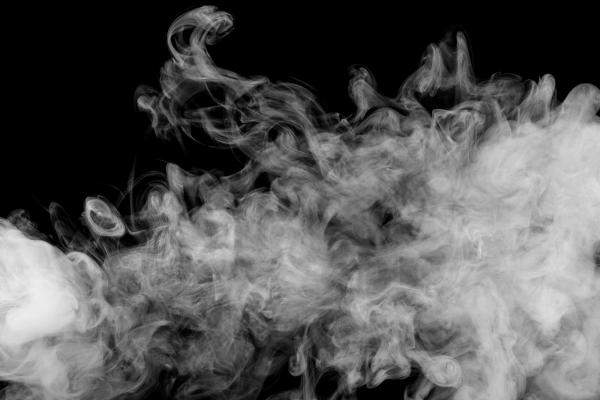Aug 22, 2017
In the wake of the Charlottesville, Va., white nationalist race riot, several writers have reached for the metaphor of addiction to help characterize the gravity of what America is facing and the grip it has on us. It's easy enough to understand why one would choose this particular comparison, especially when you take time to explore how compulsive behaviors affect the individuals engaged in them, their families and friends, and even their brains. The outcomes over time are devastating.
Read the Full Article

Already a subscriber? Login
